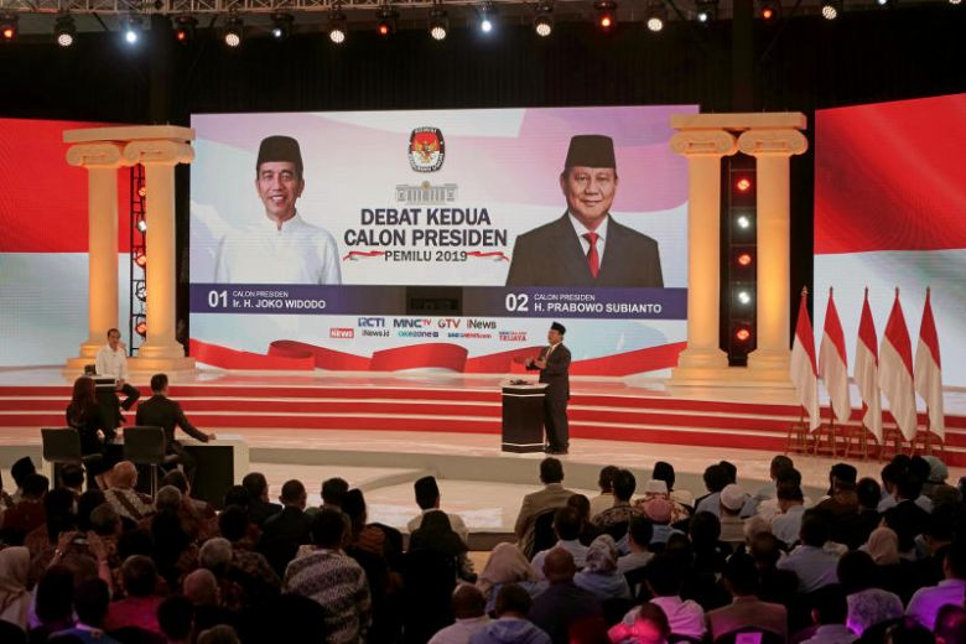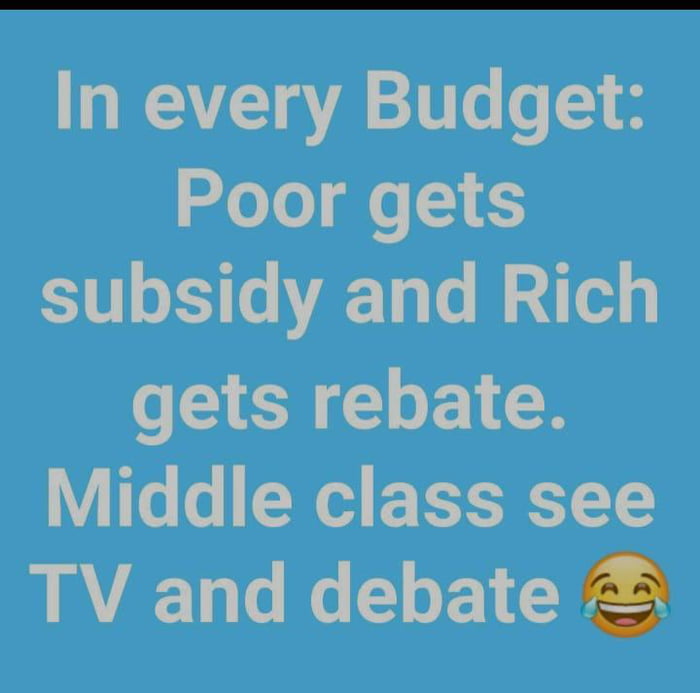Factors Influencing Debate Time Selection: Presidential Debate Time

The scheduling of presidential debates is a complex process influenced by various factors, ensuring maximum audience engagement and media coverage.
Logistical Considerations
Logistical considerations play a crucial role in determining debate times.
- Venue Availability: Securing a suitable venue with adequate capacity, technical infrastructure, and accessibility is paramount. The availability of the venue often dictates the potential debate dates and times.
- Candidate Schedules: Candidates’ busy schedules, including campaign events and travel arrangements, must be carefully considered. Finding a time that works for all participants is essential.
- Moderator Availability: Moderators, typically experienced journalists or political commentators, need to be available to facilitate the debate. Their schedules may also influence the potential debate times.
- Production Requirements: Setting up the stage, lighting, sound equipment, and cameras requires significant time and resources. Production teams need ample time to ensure everything is in place for a smooth broadcast.
Media Availability and Audience Demographics, Presidential debate time
Media availability and audience demographics are crucial factors in selecting debate times.
- Prime-Time Television Coverage: Debates are often scheduled during prime-time television hours to maximize viewership. This typically falls between 7:00 PM and 11:00 PM, when the largest audience is available.
- Live Streaming Options: The rise of live streaming platforms has expanded the potential audience for debates. Scheduling debates during peak online activity hours can reach a wider demographic.
- Target Audience: Debate organizers consider the target audience’s viewing habits and preferences. For instance, a debate aimed at young voters might be scheduled during an evening when college students are more likely to be watching.
Political Events and News Cycles
Political events and news cycles significantly influence debate scheduling.
- Campaign Milestones: Debates are often strategically scheduled around key campaign milestones, such as party conventions or the release of important polls.
- Breaking News: Breaking news events can impact debate scheduling. For example, a major political scandal or a significant policy announcement might necessitate a shift in the debate schedule to address the latest developments.
- Media Attention: Debate organizers aim to maximize media attention. Scheduling a debate during a period of heightened media interest can ensure greater coverage and public engagement.
The Impact of Debate Time on Viewership and Discourse

The time at which a presidential debate is held has a significant impact on both viewership numbers and the nature of online discourse surrounding the event. Factors like the audience’s daily schedules, the potential for competing media, and the general cultural context all contribute to how debate time influences engagement.
Primetime vs. Later Hours
The time of day a debate is held directly influences the number of viewers who can tune in. Debates held during primetime, typically between 8 pm and 11 pm, tend to attract larger audiences. This is because primetime coincides with when most people are at home and available to watch television.
- For example, the first 2020 presidential debate, held at 9 pm Eastern time, attracted a record-breaking 73.9 million viewers, the largest audience for a presidential debate in history.
- In contrast, debates held at later hours, such as those held after 11 pm, often draw significantly smaller audiences. This is because people are less likely to be awake and watching television at those hours.
This pattern is further influenced by the presence of competing media. Primetime is also when major television networks air their most popular programming, which can draw viewers away from debates.
The 2020 presidential debate between Joe Biden and Donald Trump, held at 9 pm Eastern time, was broadcast on all major television networks, including ABC, CBS, NBC, and CNN.
Debates held at later hours may face less competition from other programming, but they also have to contend with the fact that people are more likely to be tired and less engaged at those hours.
Debate Time and Online Discourse
The time of day a debate is held also influences the tone and content of online discussions surrounding the event. Debates held during primetime are more likely to generate a higher volume of online activity, as more people are awake and available to participate in online discussions.
- For instance, during the 2020 presidential debate between Joe Biden and Donald Trump, the hashtag #Debate2020 was trending on Twitter throughout the night, with millions of tweets posted about the event.
- Debates held at later hours may generate less online activity, but the discussions may be more focused and in-depth, as those who are awake and participating are more likely to be deeply interested in the topic.
The time of day also influences the type of content that is shared online. Debates held during primetime are more likely to generate memes, GIFs, and other humorous content, as people are looking for ways to engage with the event in a lighthearted way. Debates held at later hours are more likely to generate serious analysis and commentary, as people are more likely to be reflecting on the event in a thoughtful way.
Presidential debate time is a crucial moment in the American political landscape, offering voters a platform to assess the candidates’ positions on key issues. While the presidential debates garner significant attention, the CBS Vice Presidential Debate also provides valuable insight into the potential leadership of the next administration, as the vice president assumes a vital role in the executive branch.
The vice presidential debates serve as a critical opportunity for voters to evaluate the candidates’ preparedness for the office and their potential to contribute to the nation’s future.
Presidential debate time is a crucial moment in the American political landscape, a time for voters to evaluate candidates and their positions on key issues. Veteran journalist David Muir , known for his insightful reporting and sharp questioning, often plays a pivotal role in moderating these events, ensuring that the debate remains focused and informative for the audience.
